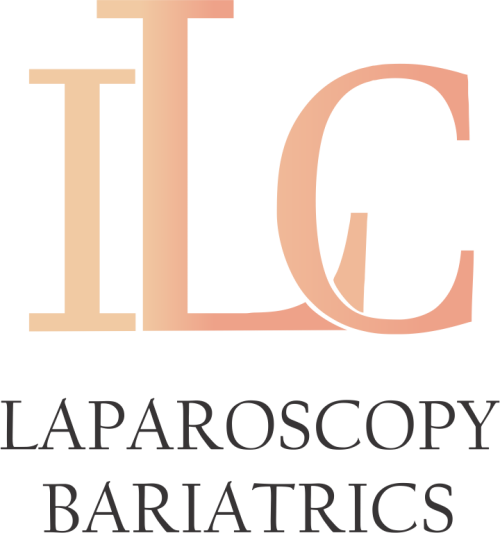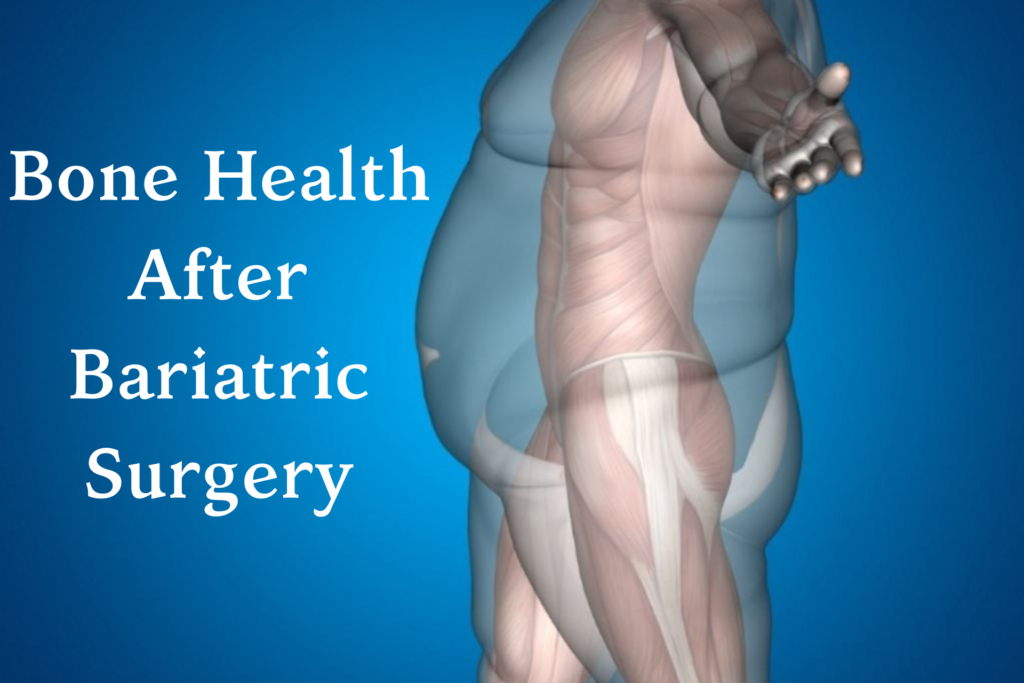Strengthen Joints and Relieve Pain with Weight Loss
Your joints become weak and uncomfortable due to excess weight and obesity. Constant discomfort limits mobility and makes fat worse. In all ages, obesity has been linked to altered levels of calcium, vitamin D, and parathyroid hormone.
Losing weight will strengthen your joints, provide pain relief, and lower your chance of fracture, particularly of the hip joint. Losing weight also lessens your chance of receiving a joint transplant.
Obese persons who want to enhance their quality of life can achieve all these benefits with the help of Bariatric Surgery.
Preoperative Nutrition and Lifelong Care Post-Bariatric Surgery
Bariatric surgery asks for a thorough preoperative nutritional assessment and a lifetime commitment from the patient for follow-up with an emphasis on weight reduction maintenance and compliance with aftercare advice, despite the procedure’s undeniable health benefits. In general, a gastric sleeve carries a lower risk of vitamin shortage than Gastric Bypass Surgery.
The presence of vitamin D deficiency and hyperparathyroidism should be checked in all patients getting ready for bariatric surgery.
Although the DEXA scan is not advocated for all obese patients, a bariatric surgeon may make a recommendation based on the clinical risk factor profile for men and women 70 years of age or older, post-menopausal women, and women older than 65 years of age.
Research studies do not definitively support any increased prevalence of osteoporosis or increased fracture risk following bariatric surgery, however calcium and vitamin D deficiencies may arise as a result of decreased dietary intake and lower intestinal absorption after bariatric surgery.
ssential Calcium and Vitamin D Tips Post-Bariatric Surgery
To ensure that they consume enough calcium and vitamin D, we always advise our bariatric surgery patients to include naturally rich or fortified food sources in their diet. It’s a good idea to include foods high in calcium in your daily diet, such as milk and dairy products, salmon, green leafy vegetables, ragi, kidney beans, and almonds.
It is important to stay in regular touch with your Bariatric Surgeon in Indore and dietician for annual monitoring of bone loss and to correct the causes in time to prevent further damage.


